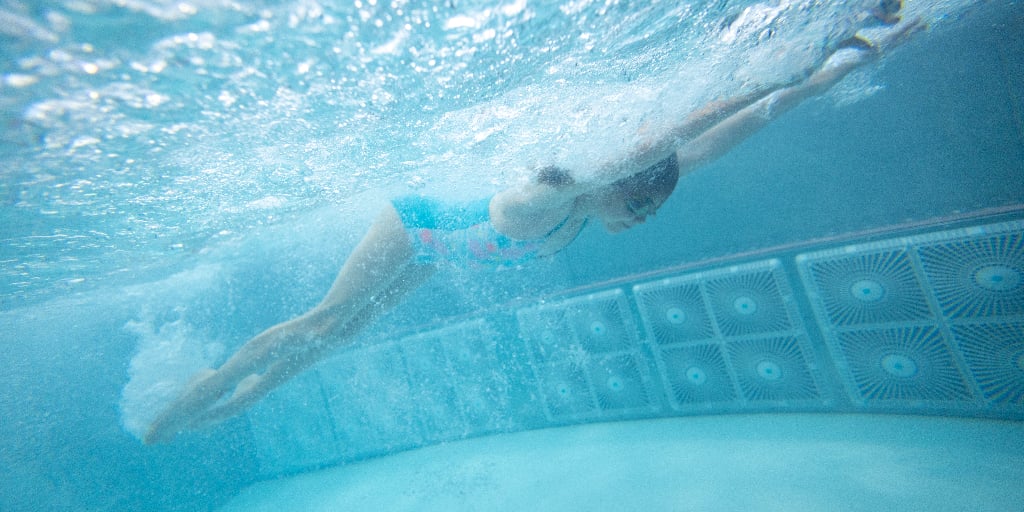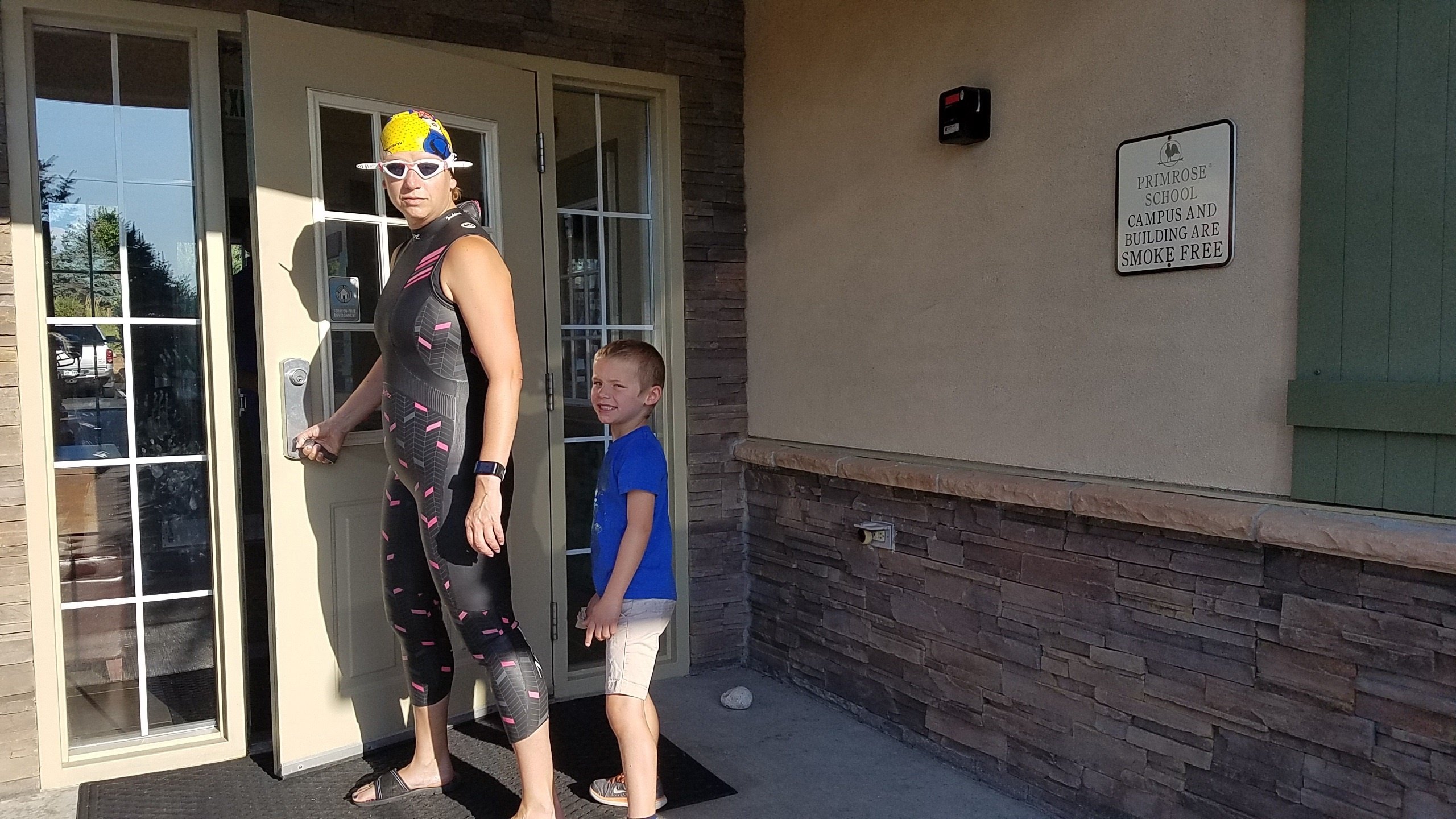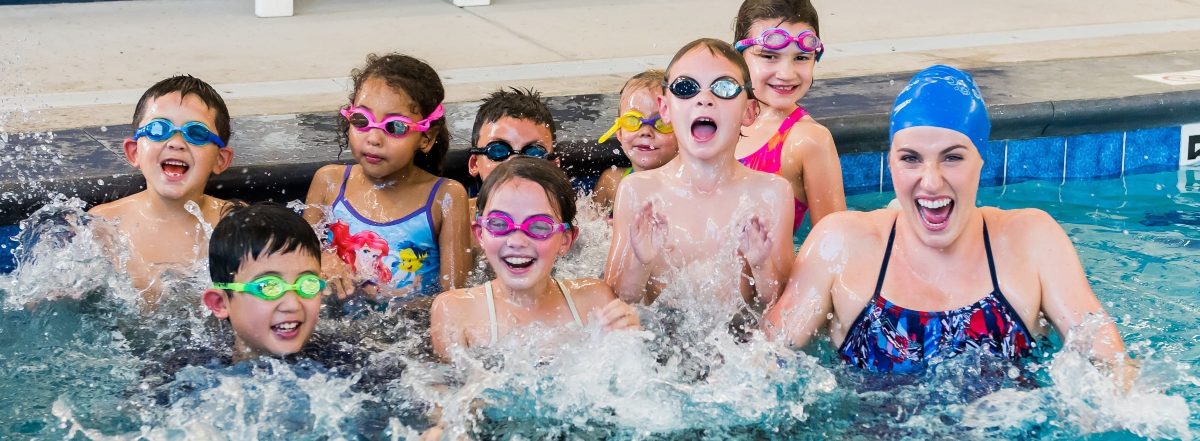How Your Children Can Help the Elderly
Caring for the elderly is important for their well-being, but children don't necessarily understand its importance unless they see the adults in...
2 min read
Rita Cunha : Jul 14, 2023 2:46:34 PM


Picture this: you're at a restaurant with your kiddo, they refuse to eat and start throwing a tantrum. What do you do? Mortifying, right?
Strict parents will likely loudly chastise their child, while permissive parents may ignore the misbehavior altogether. But which method works best?
Turns out, probably neither. Positive discipline is an emerging (and increasingly popular) approach developed by child psychologists.
Positive discipline is one of the most effective parenting strategies for behavior control in children of all ages. It teaches them what behaviors are good and bad. Unlike more traditional parenting styles, it's not about punishing bad actions by yelling or spanking. Instead, it treats children with respect and kindness, while also being firm about ground rules.
This approach may not come naturally to many parents, but it's worth the effort. Here are some of the benefits kids and parents can reap:
These five proven practical strategies are a great place to start if you want to set your child up for success.
Listening to your child shows them you value their thoughts and feelings. Get down to their eye level, make eye contact, and engage with what they have to say — no matter how small it may seem. The more valued and comfortable they feel, the more likely they are to come to you as they grow up with worries and problems.
Positive discipline is not the same as being permissive. Set your ground rules firmly and communicate them to your child in an age-appropriate way. Instead of stating "because I said so," explain why those rules exist and lay out the consequences.
Encourage your child to consider other people's feelings before acting. Talk to them about how what they do affects others. The goal is to have them do good things not because you forced them to, but because it's the kind, just action to take.
Kids take cues from everything their parents do, including how they express their feelings. When adults lose their cool and yell because they're angry, children learn that's acceptable and mimic the behavior. Instead, adults should talk about their feelings, explain why they feel that way and deal with those emotions in a healthy way (like taking a breather or through arts and crafts). This is key to learning self-regulation.
Show your child they're on the right path by encouraging them. Focus on the action, not on their character. For example, saying "You did a great job on that test, and I'm proud of you for studying even though I know you wanted to play video games instead," can do wonders in keeping them motivated to rock their school year. It's more elaborate, meaningful, and effective than just saying "You're a great student," which undercuts your child's effort.
Parenting is a bumpy ride, but positive discipline can help smooth it out. Before you know it, you'll see signs of your child's burgeoning, well-rounded personality.
Keep on fostering your child's budding skills and passions, whether as they express their creativity artistically or as they learn to swim. Raising confident, self-assured, emotionally intelligent children takes years, and your hard work will eventually have paid off.

Caring for the elderly is important for their well-being, but children don't necessarily understand its importance unless they see the adults in...

SwimLabs was a sponsor of the inaugural Swim Across America - Denver event which raised over $200,000 for Children’s Hospital Colorado. A grand total...

SwimSwam interviews an emotional Missy Franklin still determined and focused on Tokyo 2020! As a 5-time Olympic gold medalist who has broken multiple...

Visit our Water Safety Blog for expert advice, family tips, and more!